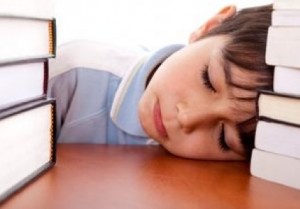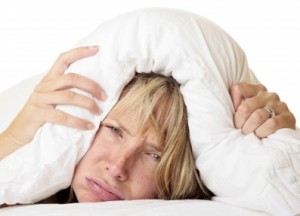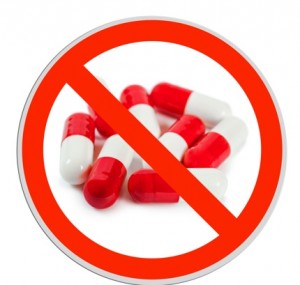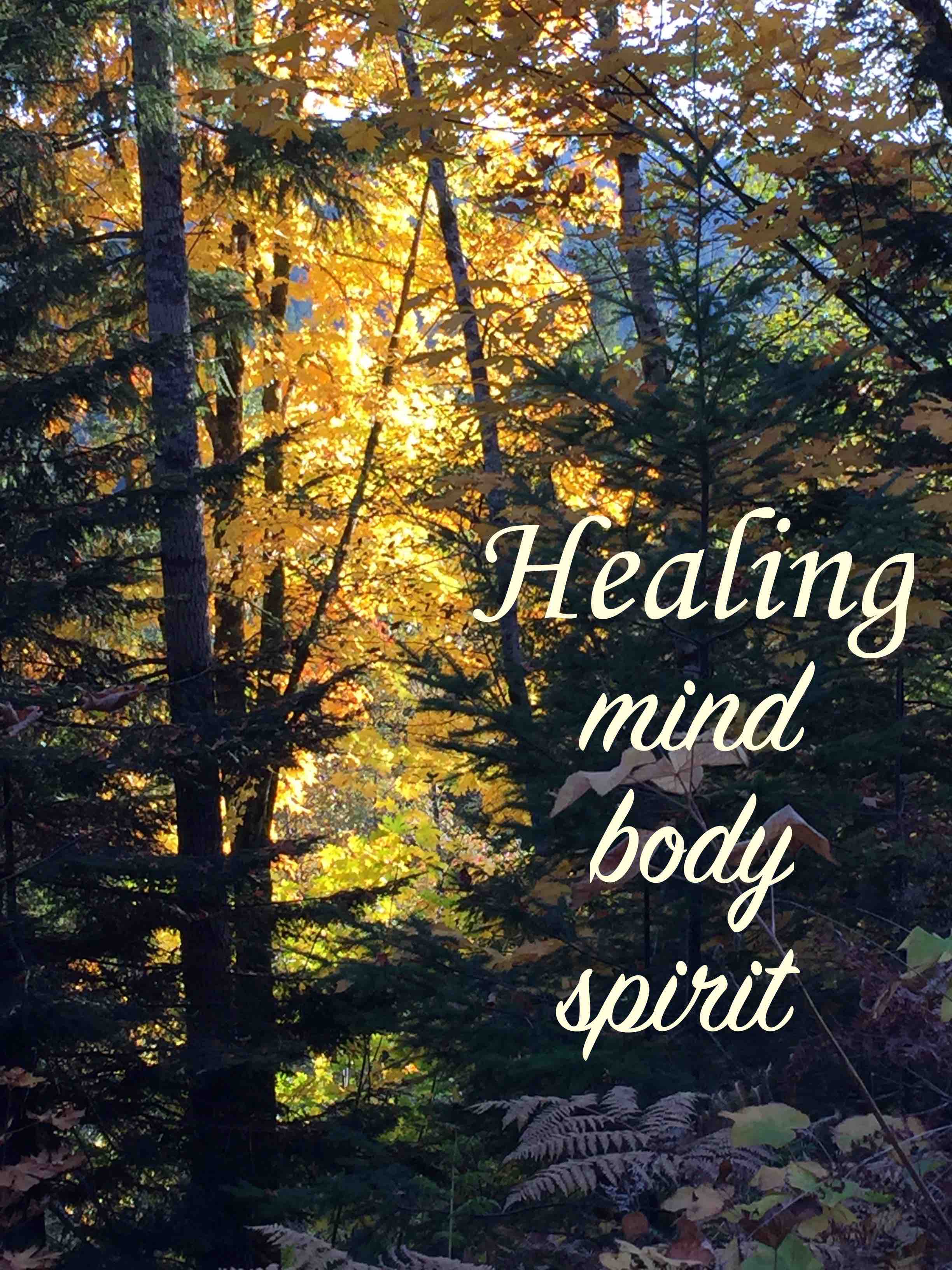Sleep and Health: Sweet Dreams or Nightmare

They drag their bodies into class, eyes glazed and shoulders drooping, and plop themselves down as if burdened by a great weight. It’s 9:00 am, but for many of my students the day has begun while they are still half asleep. As a teacher I know that their ability to think, concentrate, perform on a test, or remember information are all hampered by a lack of one of our basic needs – sleep. And it is not just my imagination that my students, more and more of them, are arriving to class sleep-deprived and unprepared to learn. Research shows that on average this generation is sleeping much less nightly than their grandparents.
Overall, sleep duration thus appears to have decreased by 1.5-2 hours during the second half of the 20th century. Today, many people are in bed only 5-6 hours per night on a regular basis. http://www.medscape.org/viewarticle/502825
While teaching lessons on healthy living, I’ve often asked my students about their sleep habits and I have been amazed with the results of our informal surveys. Most of these young teens, who should be getting ten hours of sleep per night, are trying to subsist on less than 8, and sometimes upwards of a quarter of them get less than 5 hours of sleep per night. So what keeps them from sleeping? Video gaming and TV top the list of sleep disrupters. Most of my students have not been the overly-diligent ones who burn the midnight oil in studying and preparing for exams or work part-time night shifts to keep body and soul together, but this can definitely be a problem for some high school and university students. But for others who really want to sleep, stressful home environments, noisy or bright bedrooms, siblings and parents who are late-nighters, or even pets, prevent sleepy-heads from getting a good night’s rest.
As a teacher I see the effects of a lack of sleep on school performance, but also in student’s lack of emotional control, misbehaviour, and poor self-management skills. When you are tired, and chronically so, you are less likely to exercise good judgment and more likely to act impulsively and my personal experience in the classroom substantiates the scientific literature in this regard. Many students come to school with emotional hair-triggers, and are not able to control their anger when faced with challenging work or social situations, mostly because they are running on “empty” and their bodies are stressed due to lack of sleep.
 So are adults any different? Not in my experience. We have the same pulls to use sleep time for entertainment or work. Perhaps, sleep eludes us because we are worrying about work and lack peace of mind. Or maybe we think we can do without it – we do not understand the value of sleep and the physical, emotional, and mental degradation that occurs when we do not give our bodies the sleep they need. The latest research on the glymphatic system in the brain shows a link between a lack of sleep and the development of dementia, and Alzheimers. (info.)
So are adults any different? Not in my experience. We have the same pulls to use sleep time for entertainment or work. Perhaps, sleep eludes us because we are worrying about work and lack peace of mind. Or maybe we think we can do without it – we do not understand the value of sleep and the physical, emotional, and mental degradation that occurs when we do not give our bodies the sleep they need. The latest research on the glymphatic system in the brain shows a link between a lack of sleep and the development of dementia, and Alzheimers. (info.)
God says that one of his great blessings is sleep. Worry-free, stress-free sleep.
Unless the Lord builds a house, its builders labor over it in vain; unless the Lord watches over a city, the watchman stays alert in vain. In vain you get up early and stay up late, working hard to have enough food— yes, He gives sleep to the one He loves. Psalm 127: 1-3
So what are some of the benefits that this God-given sleep provides? I was amazed, in preparing lessons for my students, to discover that sleep impacts our well-being in so many different ways. Are you suffering from infections, heart problems, or blood-sugar problems? You might consider this vital information:
Dr. William C. Dement, a sleep researcher at Stanford University, has published a book called “The Promise of Sleep” in which he describes the concept of sleep debt-the idea that the body requires a specific amount of sleep and suffers when this amount is not fulfilled. Some of the penalties of a prolonged sleep debt include a depressed immune system and an increased risk of high blood pressure and diabetes. Dr. Dement has stated in newspaper interviews that alleviating the burden of sleep debt could save thousands of lives every year. http://brainconnection.positscience.com/topics/?main=news-in-rev/sleep-deprivation
We rarely think of sleep as a “life and death situation” it might make us groggy or feel out of sorts, but perhaps we do not appreciate the damage that too little sleep – sleep debt – can cause and the price we pay for being inattentive to our bodies’ cries for sleep.
Have you been struggling to maintain a healthy weight or lose weight? If you are not sleeping enough then the lack of sleep is creating a neuroendocrine response that is telling your body it is starving! And as a consequence the body is trying to compensate by storing fat. So that’s why I really get the munchies when I have been short on sleep! The folk wisdom that my mother taught me was that if you don’t sleep you must eat, and it seems that is the way our bodies are programmed. Any weight-loss program must include adequate sleep and even more so if the diet requires calorie restrictions. Science explains how this happens:
During the second half of the 20th century, the incidence of obesity has nearly doubled, and this trend is a mirror image of the decrease in self-reported sleep duration… Sleep loss therefore seems to alter the ability of leptin and ghrelin to accurately signal caloric need and could lead to excessive caloric intake when food is freely available. The findings also suggest that compliance with a weight-loss diet involving caloric restriction may be adversely affected by sleep restriction. http://www.medscape.org/viewarticle/502825
Are you suffering from diabetes? Research has consistently found that the glucose metabolism of the sleep deprived, such as those engaged in shift work, can mimic the glucose patterns of diabetics. It would seem that the increase in diabetes in society may have something to do with sleep debt, as well as, over-consumption of refined carbohydrates, as they both tax our ability to maintain optimal blood sugar levels.
Van Cauter studied the, “physiologic effects of sleep loss, how sleep deprivation alters basic bodily functions such as regulating blood-sugar levels, storing energy from food, and the production of various hormones…They followed 11 healthy young men for 16 consecutive nights. They found profound alterations in glucose metabolism, in some situations resembling patients with type-2 diabetes, during sleep deprivation. When tested during the height of their sleep debt, subjects took 40 percent longer than normal to regulate their blood-sugar levels following an injection of glucose. Their ability to secrete insulin decreased by about 30 percent. A similar decrease in acute insulin response is an early marker of diabetes. http://chronicle.uchicago.edu/991202/sleep.shtml
And thinking about endocrine output and sleep. I learned that cortisol, a hormone produced by the adrenals that gets us moving in the morning, is a hormone that is affected by, but also regulates sleep, in a kind of Catch 22 scenario. If we don’t get enough sleep cortisol levels tend to rise in the evening (when they should be falling) making sleeping more difficult. So sleep deprivation tends to reinforce itself and change our circadian rhythm! The less you sleep the more likely you are to have problems sleeping… now that is a challenge for those who want to change old habits and begin to get the sleep their body really needs. So what can change cortisol levels? Stress increases cortisol output and peace of mind and calm decreases it. Perhaps that is why the scriptures link security, and safety with a good sleep. Our trust in God and His wisdom gives us the peace of mind that calms the raging cortisol and helps us sleep.
I will both lie down in peace, and sleep; For You alone, O LORD, make me dwell in safety. Psalm 4:8
The Lord by wisdom founded the earth; by understanding He established the heavens. By His knowledge the depths were broken up, and clouds drop down the dew. My son, let them not depart from your eyes— Keep sound wisdom and discretion; so they will be life to your soul and grace to your neck. Then you will walk safely in your way, and your foot will not stumble. When you lie down, you will not be afraid; yes, you will lie down and your sleep will be sweet. Proverbs 3:19-24
 Did you know that lack of sleep is a major cause of accidents? Of course this makes sense when we realize that sleeplessness impacts our ability to think by inhibiting attentiveness, slowing working memory, and increasing cognitive errors. Yes, you just can’t think straight and you are more likely to “crash and burn” mentally; that is a real downer for those who think the all-night cram sessions before exams really work. But in the bigger picture keeping healthy is often a matter of avoiding accidents that are the product of fuzzy, sleep-sore, thinking.
Did you know that lack of sleep is a major cause of accidents? Of course this makes sense when we realize that sleeplessness impacts our ability to think by inhibiting attentiveness, slowing working memory, and increasing cognitive errors. Yes, you just can’t think straight and you are more likely to “crash and burn” mentally; that is a real downer for those who think the all-night cram sessions before exams really work. But in the bigger picture keeping healthy is often a matter of avoiding accidents that are the product of fuzzy, sleep-sore, thinking.
Accidents related to sleep deprivation have been estimated to have an annual economic impact of $43 to $56 billion. Motor vehicle accidents related to fatigue, drowsy driving, and falling asleep at the wheel are particularly common but often underestimated. Increased time awake, nocturnal circadian phase, reduced sleep duration, prolonged driving duration, and use of soporific medications have all been found to contribute to the occurrence of drowsy-driving and fatigue-related motor vehicle crashes. Studies of shift workers, truck drivers, medical residents, and airline pilots show an increased risk of crashes or near misses due to sleep deprivation. Sleepiness-related motor vehicle crashes have a fatality rate and injury severity level similar to alcohol related crashes. Sleep deprivation has been shown to produce psychomotor impairments equivalent to those induced by alcohol consumption at or above the legal limit.
http://www.med.upenn.edu/uep/user_documents/dfd3.pdf
Those facts are stunning! We get very worked up about drinking and driving and the deaths and injuries that result and we have MADD and other anti-drinking/driving groups to keep this issue in the forefront of our collective conscience. Yet where is the righteous anger against those who drive when sleep-deprived? There may be more than your health at risk here, when you are irresponsible in this way.
God’s promise of a good sleep is more of a gift than I had realized until I did some of this research and discovered all the things that can go wrong when we do not have that sound night’s sleep – and the corollary – all the things that function properly when we give ourselves the gift of sleep. A good sleep builds our immune systems, regulates our blood pressure, normalizes blood sugar, strengthens memory, enhances cognitive function, and supports the body’s ability to grow and repair…and those are just a few of the facts that we know now. No doubt there is much more to be learned! And God the master architect and engineer of our complex biochemical/electrical selves surely has more to teach us if we are willing to search it out.
 If you are struggling with health problems hopefully you are making sleep a top priority. But be careful to find natural sleep aids and avoid the drug-induced sleep the pharmaceutical companies want to foist off on the sleepless. A study published in the British Medical Journal highlights the dangers of chemical induced sleep.
If you are struggling with health problems hopefully you are making sleep a top priority. But be careful to find natural sleep aids and avoid the drug-induced sleep the pharmaceutical companies want to foist off on the sleepless. A study published in the British Medical Journal highlights the dangers of chemical induced sleep.
Researchers followed about 10,500 subjects who took a wide range of drugs as sleep-aids.
All of those subjects were matched for age, gender, smoking status, body mass index, marital status, prior cancer, and other factors with a group of more than 23,600 subjects who didn’t use sleep aids. The results are shocking. Subjects who took a hypnotic sleep-aid more than 132 times each year were FIVE TIMES more likely to die during the study period. And those who took between 18 and 132 doses each year were four times more likely to die. Those are deeply troubling results. But here’s the one I found most frightening: Subjects who took just 18 or fewer doses per year were more than 3.5 times more likely to die. A risk that high from such modest use is just stunning! And then there’s cancer. As if all these elevated risks of premature mortality weren’t enough, the study also showed a significantly higher risk of a variety of cancers in hypnotic drug users — especially in those who consistently took these drugs week after week. The saddest thing about all this is that there are many ways to curb insomnia and other sleep problems without resorting to drugs. For the source article see http://www.guardian.co.uk/science/2012/feb/27/sleeping-pills-increase-risk-death-study
 So what can you do to get the sleep you need? Here are a few suggestions:
So what can you do to get the sleep you need? Here are a few suggestions:
1. Plan ahead to get 8-9 hours sleep, or more if you are struggling with health problems.
2. Plan your work or studies and don’t procrastinate on projects, so you can avoid the stressful caffeine induced all-nighters.
3. Exercise and remember the promise in Ecclesiastes that the sleep of a labouring man is sweet. Research supports this assertion that physical activity especially aerobic exercise improves sleep quality. http://www.webmd.com/sleep-disorders/news/20100917/exercise-helps-you-sleep
4. Leave your worries and fears at the bedroom door, or pray about them and put them firmly in God’s hands for the night…there’s nothing you can do anyway, if you are sleeping as you need to be!
5. Change your schedule to include relaxing activities in the hour before bed
6. Turn off the TV, computer, or mobile devices – don’t let entertainment distract you, and keep you riveted to the screen long past bedtime.
7. Let friends and family know your sleep schedule so they do not interrupt it unwittingly.
8. Partner with someone (spouse, family, or friend) who will help you reinforce your new good sleep habit – don’t choose a night owl!
9. Turn off the lights, even nightlights (they disrupt circadian sleep rhythm) or those annoying little blue dots of light on your computer equipment. Better yet, move all the electronics from your bedroom.
10. Sleep when it is night and work in the day to keep your biological clock in sync with the world around us. Get your best few hours sleep before midnight
11. Darken your room with light blocking shades if needed.
12. Eat a light meal in the evening three hours before bedtime so your body is not burdened with digestion when it should be relaxing.
13. Don’t go to bed hungry or low blood sugar could wake you up prematurely
14. Avoid caffeine or alcohol before bed as they can cause sleep disturbances.
15. Try some relaxing techniques every night as a cue that it is time to sleep. You might try yoga, tai chi, or stretches to relieve tight muscles, or a warm bath or shower as a signal to relax.
16. Enjoy some herbal tea, especially one with chamomile or hops as these herbs are known to be soporific.
17. Eliminate unnecessary noise (the air conditioner, the fridge, or heat pump) and/or use soothing music to enhance relaxation.
18. Try some natural techniques to minimize the snoring that disrupts sleep.
19. Set your wake-up time so it is in harmony with the end of your natural sleep cycle when you are in REM sleep and you are no longer in a deep sleep.
20. Plan enough time in the morning to prepare for the day so wake-up time is not a frantic leap out of bed at the sound of an alarm.
Want more information?
Click Here
Disclaimer: The entire contents of this health blog are based upon the opinions of Rebecca Stewart, unless otherwise noted. Individual articles are based upon the opinions of the respective author, who retains copyright. The information on this blog is not intended to replace a one-on-one relationship with a qualified health care professional and is not intended as medical advice. It is intended as a sharing of knowledge and information from the research and experience of Rebecca Stewart. She encourages you to make your own health care decisions based upon your research and in partnership with a qualified health care professional..









